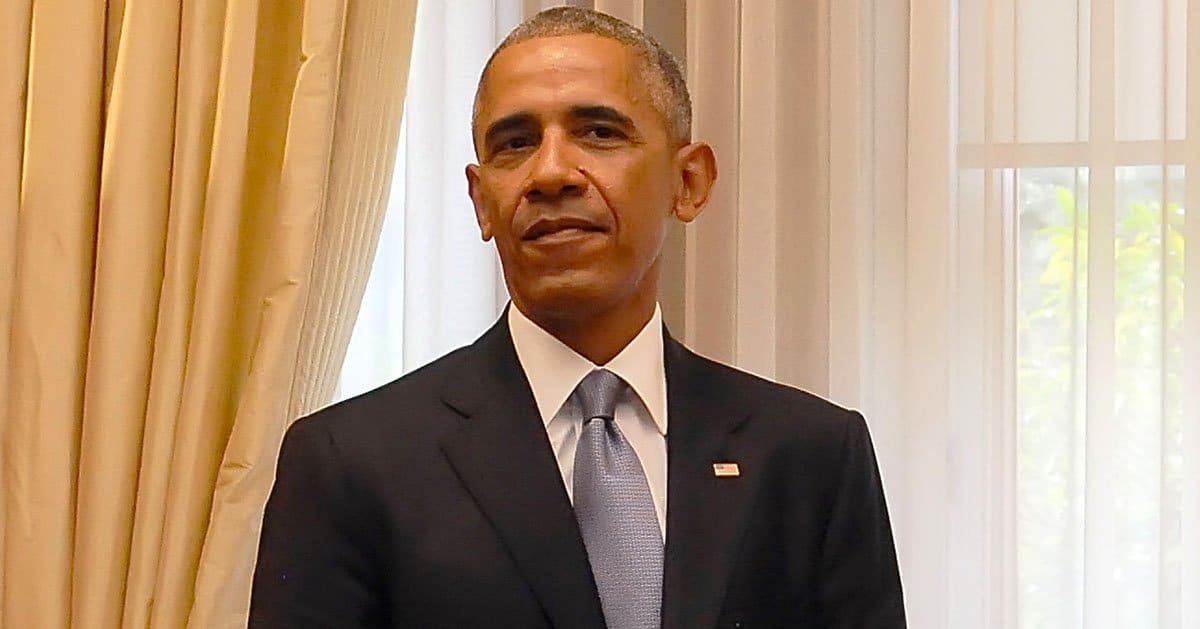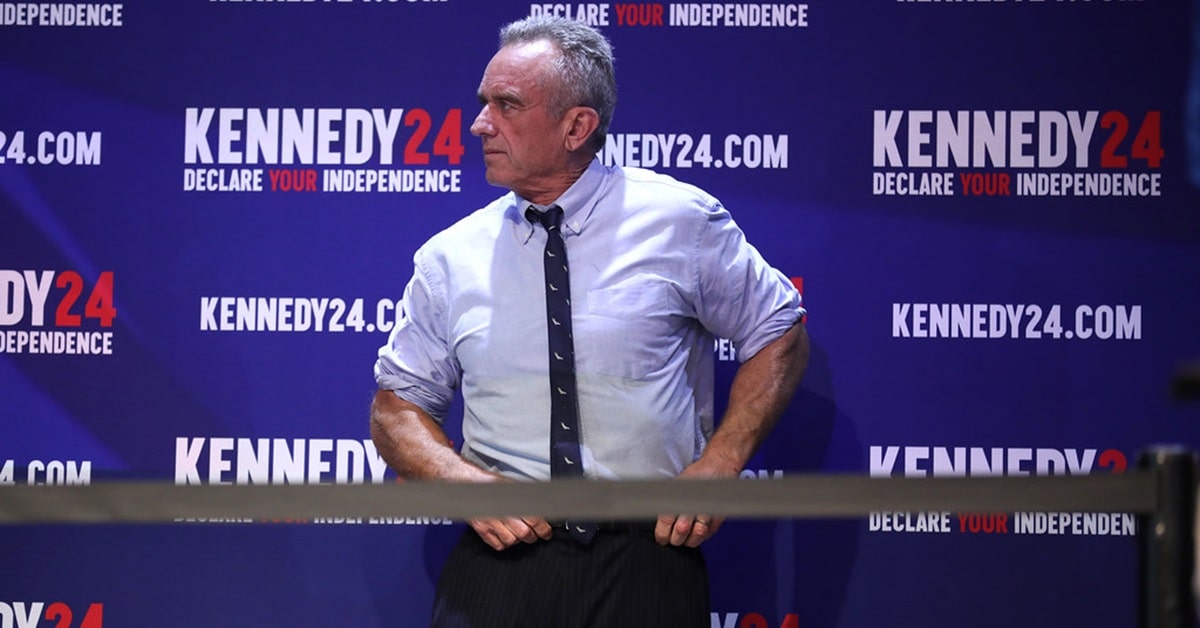





Prakazrel “Pras” Michel, a founding member of the iconic Fugees, has just been handed a 14-year prison sentence for funneling foreign cash into American politics.
Brooklyn-born Michel, 52, was convicted in April 2023 on 10 counts of conspiracy and acting as an unregistered agent of a foreign government, culminating in a hefty penalty for illegally directing millions to Barack Obama’s 2012 re-election campaign, as the New York Post reports.
This saga kicked off with Michel’s trial starting on March 30, 2023, at the U.S. District Court in Washington, D.C. High-profile testimony from the likes of Leonardo DiCaprio and former Attorney General Jeff Sessions painted a vivid picture of intrigue. It’s almost Hollywood, except the ending isn’t a happy one for Michel.
The heart of the case lies in a staggering $120 million scheme tied to Malaysian financier Low Taek Jho, who allegedly sought to buy political sway in the U.S., per Justice Department findings. Michel played middleman, channeling funds through roughly 20 straw donors to Obama’s campaign coffers. One has to wonder if this is the “change” anyone voted for back in 2012.
Fast forward to April 2023, and Michel’s guilty verdict on all counts landed like a ton of bricks. It’s a stark reminder that playing fast and loose with federal law -- especially when foreign interests are involved -- rarely ends in a Grammy-worthy encore.
Then came the sentencing on a Thursday in Washington, D.C., where U.S. District Judge Colleen Kollar-Kotelly didn’t hold back, slapping Michel with 14 years behind bars and three years of probation. Michel stayed silent during the proceedings, perhaps realizing no rhyme could rap him out of this mess.
Adding insult to injury, just last month, Michel was ordered to forfeit $64 million connected to these federal crimes. That’s a hefty price tag for a scheme that’s left his reputation in tatters.
Prosecutors didn’t mince words, stating Michel “betrayed his country for money” and “lied unapologetically” to execute his plans. It’s hard to argue with that when the evidence points to a deliberate effort to skirt the rules that protect our electoral integrity -- something conservatives have long warned against in an era of unchecked global influence.
The Justice Department doubled down in court documents, saying, “After Michel was caught, he tampered with witnesses and then perjured himself at trial.” If true, that’s not just greed; it’s a blatant disregard for the justice system itself, a system already strained by progressive policies that often seem to prioritize optics over accountability.
Michel’s legal team isn’t throwing in the towel, planning to appeal both the conviction and the sentence. His lawyer, Peter Zeidenberg, called a proposed life sentence “absurdly high” and pushed for just three years. While the appeal might keep hope alive, it’s a long shot in a case this damning.
Let’s not forget Michel’s roots -- a Brooklyn native whose Haitian immigrant parents likely dreamed of the American promise for their son. Instead, his story veers into a cautionary tale about the perils of chasing influence over integrity, a lesson that resonates deeply in today’s polarized climate.
Reflecting on Michel’s career with the Fugees, alongside Lauryn Hill and Wyclef Jean, it’s a shame to see a Grammy-winning talent fall so far. Their music broke barriers, as his spokesperson Erica Dumas noted to Rolling Stone, yet this scandal might define his legacy more than any hit song.
This case shines a spotlight on the vulnerabilities in our campaign finance system, a topic on which conservatives have hammered for years while progressive agendas often downplay foreign interference risks. Michel’s actions, if nothing else, underscore the need for tighter controls and harsher penalties to deter such schemes.
It’s worth pondering what this means for public trust in our elections, already battered by years of controversy and lax oversight. While Michel’s 14-year sentence sends a message, one can’t help but ask if the system itself needs a harder reset to keep foreign money out of American ballots.
In the end, as Michel faces over a decade in prison, his story serves as a sobering reminder that fame and fortune don’t exempt anyone from the law. It’s a win for accountability, even if it’s a loss for a once-celebrated artist. Perhaps this will prompt a broader reckoning on how we safeguard our democracy from those who would rather buy influence than earn it.



